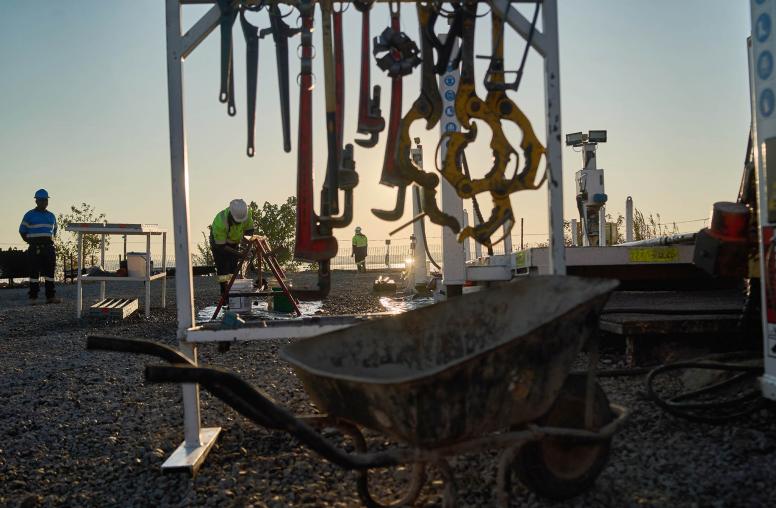Conflict, Challenges, and Prospects in the Congo: A Diplomat’s Perspective
Ambassador Roger Meece shared his perspectives on the Democratic Republic of Congo's recent history, current developments and what may lie ahead.
Read the coverage, More International Engagement on DRC Needed, Former U.N. Special Rep Says at USIP

Parts of the Democratic Republic of Congo (DRC) have been in conflict for nearly two decades. During that time, an estimated 5 million people have been killed. Tens of thousands have been uprooted and driven from their homes. Thousands of women and girls have been brutally raped. Congo is an ongoing humanitarian tragedy, especially for women. Prolonged instability has resulted in serious cross-border conflicts and the establishment of one of the world’s largest and longest-running United Nations peacekeeping missions. The appointment of several high-level international envoys, the augmentation of the U.N. mandate, introduction of a special U.N. intervention force and the dismantling of the M-23 rebel group all suggest that the DRC may be at another pivotal point in its turbulent history.
Ambassador Meece is one of America’s most knowledgeable diplomats on the Congo. In addition to his 3- year posting as the head of the U.N. Stabilization Mission in the Democratic Republic of the Congo (MONUSCO), Ambassador Meece has served in Kinshasa as the U.S. Ambassador to the DRC and earlier as the U.S. Deputy Chief of Mission. He has also served in Congo-Brazzaville and as Office Director for Central Africa at the State Department. Amb. Meece delivered remarks and responded to audience questions.
- Ambassador Johnnie Carson, Opening Remarks and Moderator
Special Advisor to the President, U.S. Institute of Peace - The Honorable Ambassador Roger Meece, Keynote Remarks
Former SRSG to the Democratic Republic of Congo



